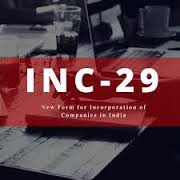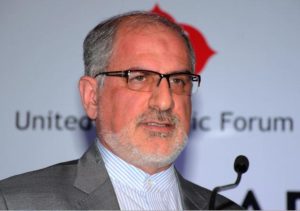 During the past one year, Corporate Affairs Ministry has taken a number of steps, and is further streamlining processes and regulatory framework, to reduce the overall time taken for incorporating a company as a part of ‘ease of doing business’ effort, Finance Ministry has said.
During the past one year, Corporate Affairs Ministry has taken a number of steps, and is further streamlining processes and regulatory framework, to reduce the overall time taken for incorporating a company as a part of ‘ease of doing business’ effort, Finance Ministry has said.
The Government of India proposes to bring down the average number of days required for incorporating a company to one to two days, a move aimed at further improving ‘ease of doing business’ in the country.
During the past one year, Corporate Affairs Ministry has taken a number of steps, and is further streamlining processes and regulatory framework, to reduce the overall time taken for incorporating a company as a part of ‘ease of doing business’ effort, Finance Ministry said in a statement.
As a result of the many steps, the average number of days taken for incorporation of a company has come down significantly from 9.57 days in December, 2014 to 4.51 days in November, 2015.
“It (Ministry of Corporate Affairs) is targeting that the average number of days would be further reduced to one to two days for approval in normal cases,” the statement said.
Giving details of the step, it said the introduction of an Integrated Incorporation Form INC29 and tighter monitoring of Registrar of Companies’ (ROCs’) performance has resulted in faster approvals and lesser number of clarifications being asked from the stakeholders.
The Corporate Affairs Ministry will soon introduce a new version of Form INC29, incorporating suggestions received from the stakeholders, allowing up to five directors to be appointed and greater flexibility in proposing a name for a company, it said.
“This will allow an even more wider use of this integrated Form, which is already gaining popularity,” the statement added.
Further, the rules with regard to reserving and approving of names for companies are also being simplified, and a centralised new process will be introduced soon for strictly time bound approval of names for companies.





